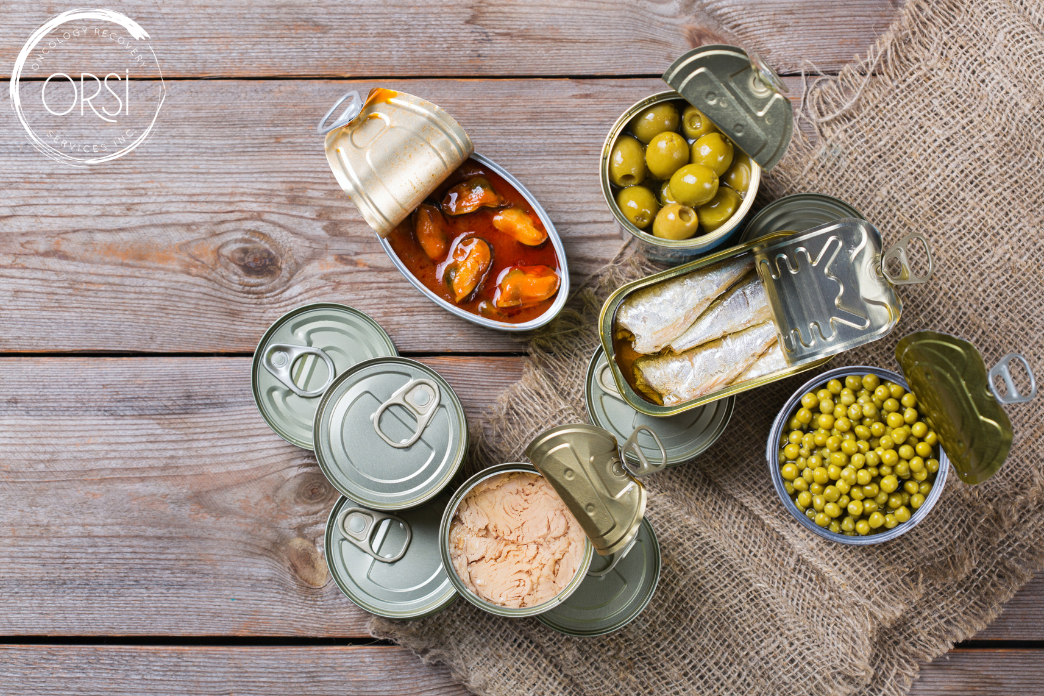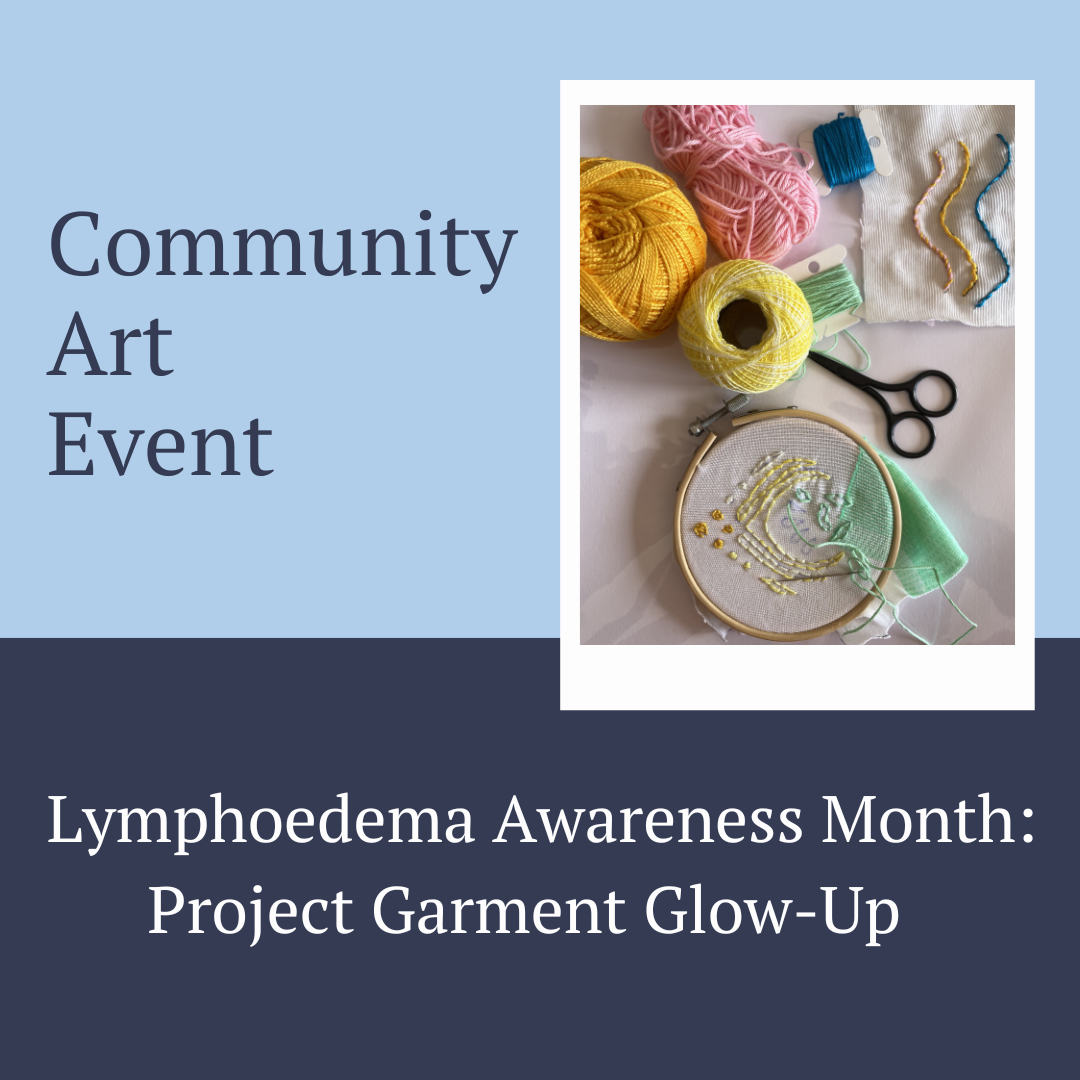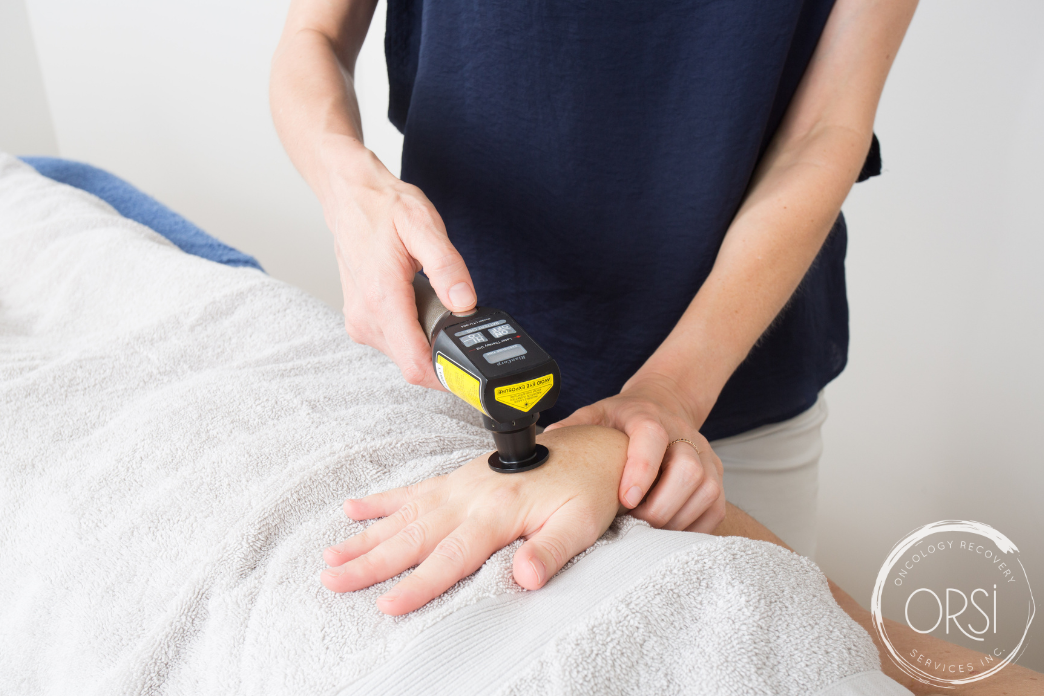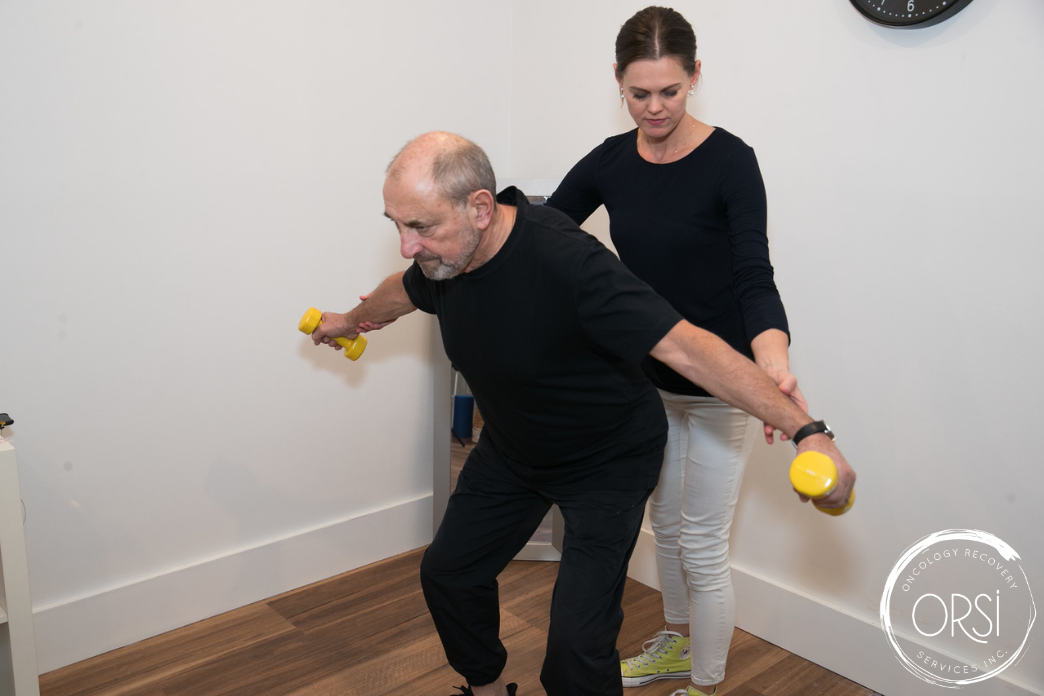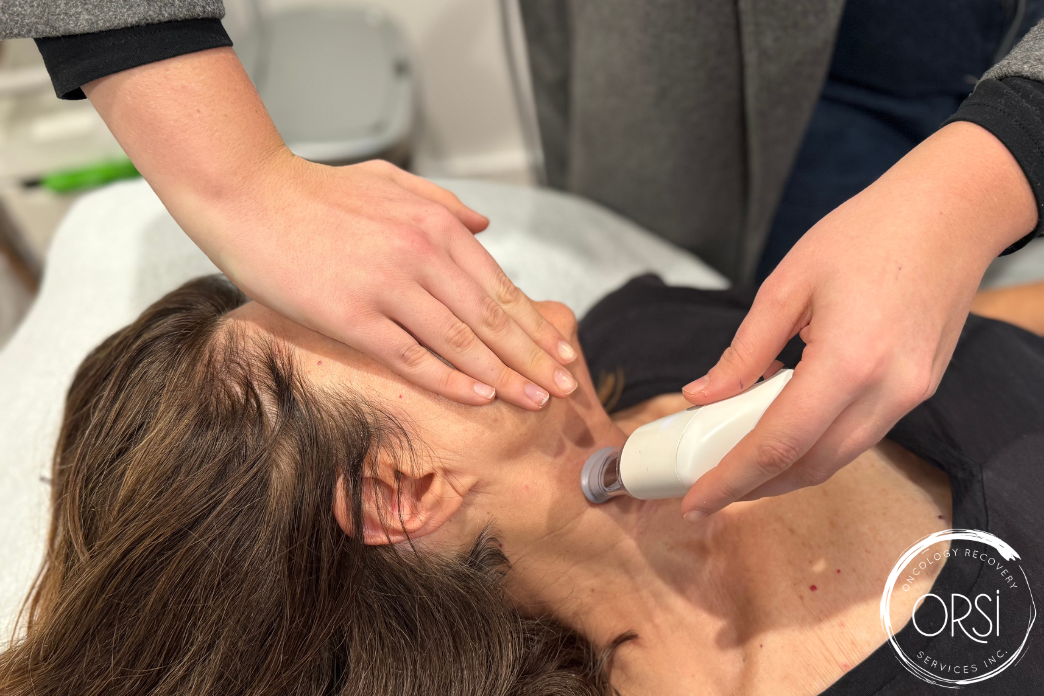Written by Rebecca Warren PhD candidate at Health for Help Research Project UNSW Sydney
For many people, caring for someone with cancer can in a strange way, be a privilege; an act of love that not only helps the patient, but also makes the caregiver feel useful, supportive and able to contribute to the health and wellbeing of someone they love.
But being a caregiver can also be stressful, mentally taxing and physically exhausting. One of the most interesting pieces of research that we see in the caregiver space is something called reciprocal influence. This is where the health of the caregiver can affect the health of the patient and conversely, the health of the patient can influence the health of the caregiver.
The research I have been doing is looking at how being a cancer caregiver can influence the dietary behaviours and food choices in caregivers. One of the things we commonly see in cancer patients is that their dietary behaviours and food preferences change depending on where they are in their journey and associated treatments. Because of the reciprocal influence, we often see caregivers changing their diet. For example, many cancer patients will need to eat more to keep weight on during treatment, and then as a result, many caregivers unknowingly will also start eating more. This can result in unwanted weight gain, feelings of sluggishness and/or altered digestive symptoms. Other times, some caregivers can become so busy with their caregiving roles, they forget to eat, skip meals or eat very little and are then at risk of undernourishment or unnecessary weight loss. Other caregivers can become too stretched or exhausted and find themselves relying on caffeine, sugar and quick ‘pick-me-ups’ to get through your day.
We have designed a caregiver specific health-coaching program that helps tweak and fine-tune their nutrition so they can nourish themselves while in the caregiving role.
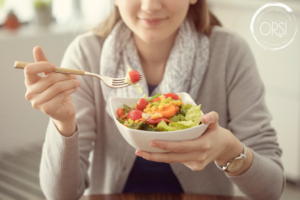
Here are our top 5 tips for caregivers when it comes to eating well:
- Done is better than perfect
Even if you can do one meal per day that’s nourishing and healthy, that’s one more meal than you would have gotten. Try and do what you can, when you can – and then be kind to yourself in those other moments. While your meal may sometimes not be as healthy as you’d like it to be, try and work out what things you can add to take it up a notch.
- Add a handful of fresh spinach or rocket to a soup, casserole or sandwich to boost up your greens.
- Grab a piece of fruit, a handful of nuts or some veggies as a snack rather than going for the chips or sweet biscuits.
- Choose wholegrain or brown varieties where possible when choosing bread or grains.
- Try and prioritise veggies
The aim is to get 4 – 5 large handfuls of vegetables in per day. While many people think that fresh is best, frozen can be just as good as can canned. Ideally, we want you to try and get at least 3 different colours per day.
- Oven roast a big batch of veggies to keep in the fridge. Things that work well include sweet potato, pumpkin, onion, tomato, capsicum, zucchini, eggplant and beetroot. Adding herbs like rosemary or thyme can make them taste extra yummy! These will last in the fridge for 4 days and apart from the chopping, the oven then does all the work. You can then easily add to some greens for a healthy salad or mix with some eggs and bake for a delicious frittata.
- Meal prep veggie-rich options like minestrone, Bolognese mince with lots of added veg (grated carrot, spinach, diced eggplant, mushrooms, tomatoes and kale) or veggie casserole.
- Steam or microwave packets of frozen mixed veg alongside an omelette or boiled eggs for a super speedy meal.
- Keep a stash of healthy, non-perishable items on hand or in the hospital bag.
Things like microwavable brown rice cups, tins of tuna/salmon, small tins of corn, beans or chickpeas, good quality muesli bars, good quality beef jerky, veggie chips or raw mixed nuts and seeds can be life savers if you’re stuck at the hospital and want to avoid cafeteria food.
- Recognise what’s possible, and what’s not.
Many caregivers feel that they can be on-call 24hrs per day! Unexpected hospital admissions, having the patient have a turn, running to and from appointments and everything else in between can make it extremely challenging to plan. This is why it’s important to recognise what’s actually possible and realistic and what’s not. Many caregivers find that having 2 sets of action items they hold themselves accountable to can be helpful – one set for when things are going relatively smoothly and then another set for when things get a bit more turbulent. This way, you can have a framework and a structure that provides guidance, but it’s also flexible and prevents setting you up for failure especially during the times when you’re feeling stretched.
- Cut yourself some slack
For many caregivers, remembering to do things for yourself can sometimes become a foreign concept, especially if you’ve been a caregiver for a while. Many caregivers find themselves stuck in survival mode when the patient is really sick, but as things calm down, these survival habits can sometimes stick around a bit longer than needed. Common things we see when it comes to caregiver nutrition and health include over-snacking or grazing, increased coffee or alcohol consumption, skipping meals etc.
If you’ve ever flow on an aircraft before, you would have probably heard the speal on making sure that in the unlikely event of an emergency, it’s important you fit your own oxygen mask before helping others. And it’s no different when you take on the caregiving role. Make sure that you are taking the required steps to do what needs to be done for you.

